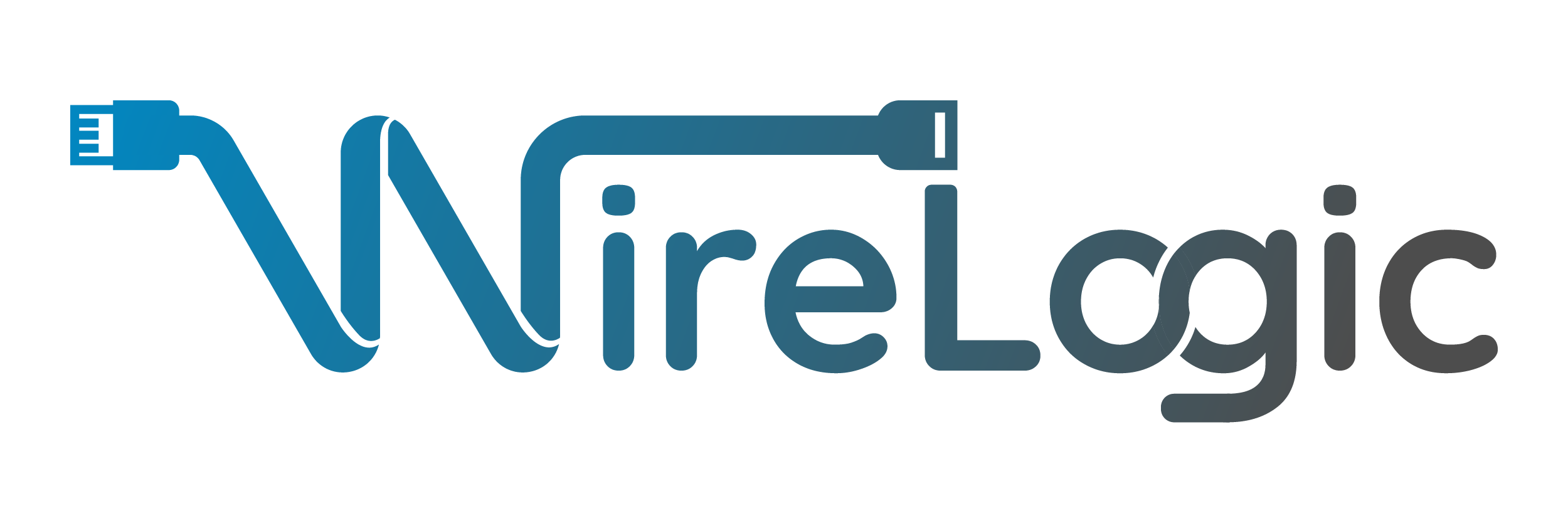Structured cabling services play a pivotal role in enhancing the efficiency and productivity of the manufacturing sector. This blog post will delve into the various impacts these services have on the industry.
Transforming the Manufacturing Landscape with Structured Cabling Services
1. Enhanced Communication and Data Transfer
- Seamless Operations: In the fast-paced manufacturing environment, structured cabling provides a robust and reliable network infrastructure. This allows for seamless communication between different departments, leading to efficient coordination and faster decision-making.
- Data Handling: With the increasing reliance on big data and analytics in manufacturing, structured cabling systems ensure efficient data transfer and storage, facilitating better analysis and decision-making.
2. Increased Efficiency and Productivity
- Reduced Downtime: A well-organized cabling system minimizes the risk of network issues and downtime, which can be costly in a manufacturing setting. Regular maintenance and easy troubleshooting are key benefits.
- Scalability: As manufacturing plants grow and evolve, structured cabling can easily adapt to new technologies and increased demand, avoiding the need for frequent overhauls.
3. Improved Safety and Security
- Network Security: Structured cabling offers enhanced security features, protecting sensitive manufacturing data from breaches and cyber threats.
- Physical Safety: Proper cabling reduces the risk of accidents caused by loose or disorganized wires, contributing to a safer work environment.
4. Cost-Effective Solutions
- Long-Term Savings: While the initial investment might be higher, structured cabling systems offer longevity and durability, reducing the need for frequent repairs or replacements.
- Energy Efficiency: These systems can be optimized for energy efficiency, leading to lower utility costs and a smaller carbon footprint.
5. Support for Emerging Technologies
- IoT and Automation: Structured cabling is essential for supporting the Internet of Things (IoT) and automation technologies, which are increasingly prevalent in modern manufacturing.
- Flexibility for Innovation: A robust cabling infrastructure allows manufacturers to easily integrate new technologies and innovations, keeping them competitive in a rapidly evolving industry.
6. Enhanced Collaboration and Remote Management
- Remote Monitoring: Structured cabling enables remote monitoring and management of manufacturing processes, allowing for timely interventions and decision-making.
- Collaborative Workflows: With a reliable network, collaboration tools can be effectively utilized, enhancing teamwork and project management.
Conclusion
Structured cabling services are not just about organizing wires and cables; they are about creating an efficient, secure, and innovative environment for the manufacturing sector. By investing in these services, manufacturers can significantly boost their productivity, safety, and competitive edge. As technology continues to evolve, the role of structured cabling in manufacturing will only become more integral, underscoring the need for industries to adopt these advanced solutions.

